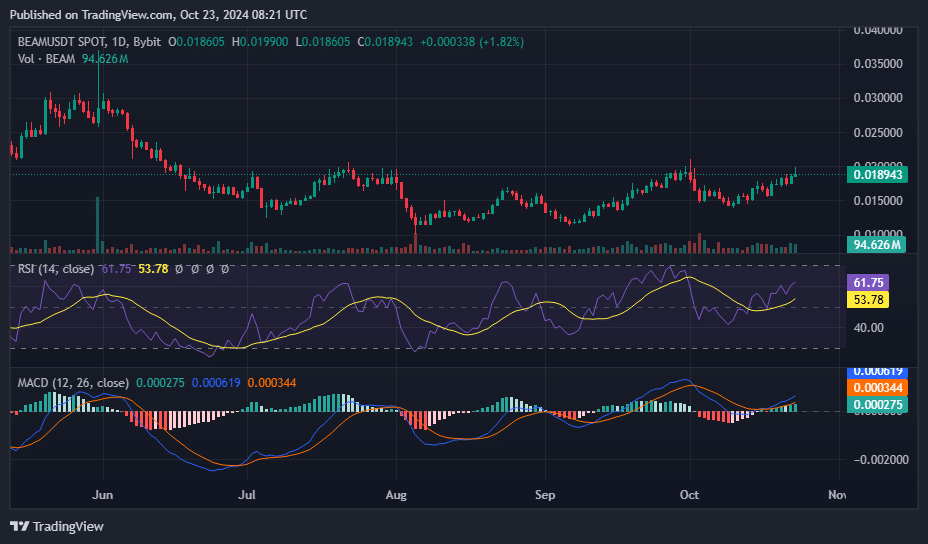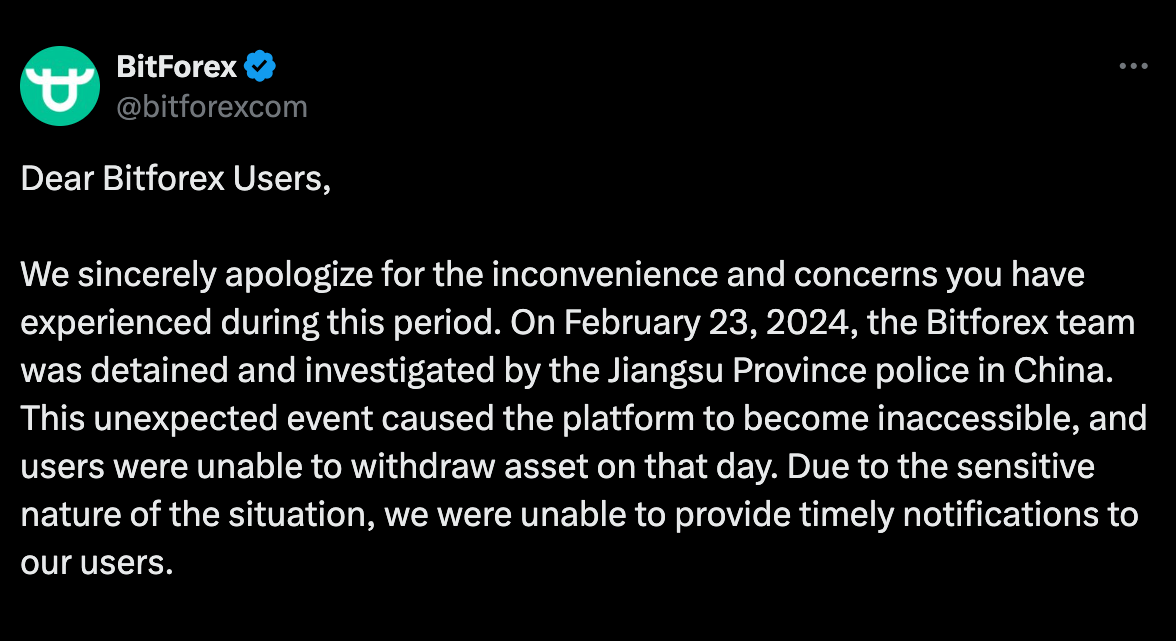Binance, the largest cryptocurrency exchange globally, has made the decision to exit the Dutch market due to its inability to obtain a virtual asset service provider (VASP) license from the Dutch regulator. The license attests that Binance complies with anti-money laundering (AML) guidelines, which the exchange failed to persuade the regulator to issue.
Effective from July 17, Binance will only allow Dutch residents to withdraw their funds from the platform, as stated in an announcement by the exchange. Binance expressed regret over its departure from the Dutch market, informing users that new registrations from the Netherlands would no longer be accepted. Existing Dutch resident users will have the option to withdraw their assets but will no longer be able to engage in further purchases, trades, or deposits on the Binance platform. The exchange urged affected users to take appropriate action by withdrawing their assets from their accounts.
While Europe has generally been receptive to cryptocurrency exchanges and their AML efforts, Binance’s departure from the Netherlands is a result of the failure to secure VASP registration in the country. However, Binance is already compliant with AML regulations in several European countries, including France, Italy, Spain, Poland, Sweden, and Lithuania. Just two days prior to the Dutch market exit, Binance announced its intention to leave Cyprus in order to focus on achieving full compliance with the new European Union regulations on crypto-assets, known as the Markets in Crypto-Assets (MiCA) framework.
Binance vs Dutch regulatory requirements
Binance clarified that it had been engaged in an extensive registration application process as a virtual asset service provider with the Dutch regulator. Despite exploring alternative avenues to meet Dutch regulatory requirements, the exchange acknowledged that it had not succeeded in obtaining VASP registration in the Netherlands at the present time. However, the exchange expressed its commitment to maintaining engagement with Dutch regulators, indicating a willingness to continue discussions.
To ensure affected users are well-informed, Binance has initiated communication with existing Dutch resident users through email. This correspondence provides comprehensive information regarding the implications for their accounts and any assets currently held on the platform, along with the necessary steps they need to take.
The exchange’s decision to exit the Dutch market reflects the challenges and regulatory complexities faced by cryptocurrency exchanges as they navigate varying compliance standards across different jurisdictions. The exchange’s commitment to complying with AML regulations in multiple European countries demonstrates its willingness to adapt to evolving regulatory frameworks. As the cryptocurrency landscape continues to evolve, exchanges and regulators will need to engage in ongoing dialogue to establish clear guidelines that foster a balance between innovation and investor protection.





